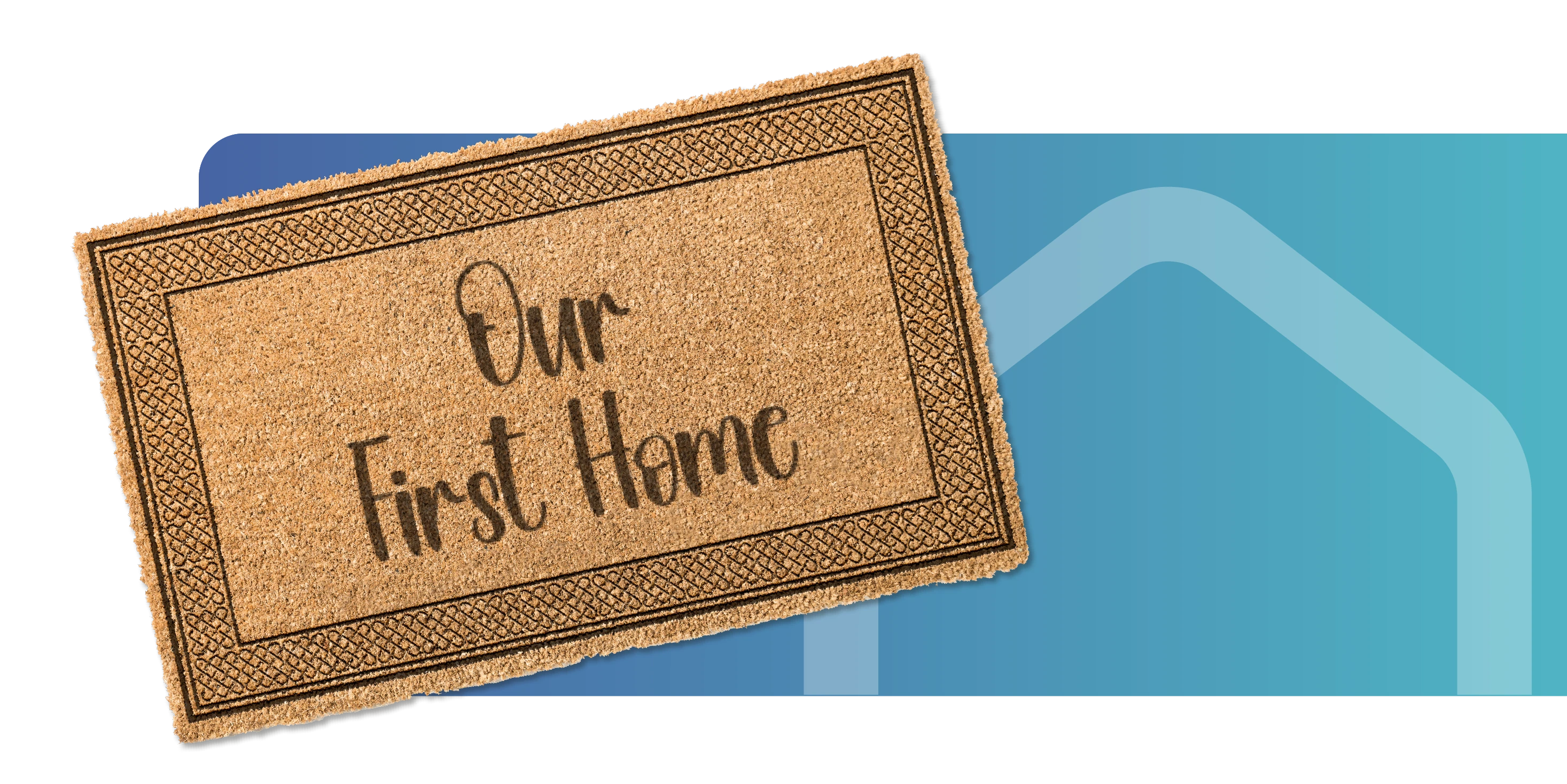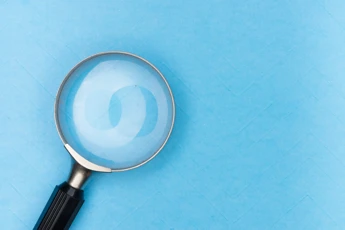Get started
Buying a house is an exciting experience, and there's a lot that you can sink your teeth into. So where do you start and what exactly is involved? These tools will give you a head start on what you might be able to afford and borrow for your first house.
Borrowing Calculator
This quick and simple calculator is a good place to start as it'll give you an idea on how much you could borrow may offer.
Affordability Calculator
We’ll search through a pool of over 50 lenders to find an estimate of your mortgage affordability. No credit checks required.
Compare mortgage deals
Check the repayments and interest rates on thousands of actual mortgage products.
*Based on information from The Guardian, 2025
Get mortgage advice when buying your first home
Using a mortgage adviser can help you find the most suitable and affordable mortgage for your personal situation. This could be especially useful for the self-employed or those with variable earnings.
Helpful articles
Why you should use a mortgage broker
Download our FREE first time buyer's guide
Get access to our jam-packed guide full of helpful information when you download. We'll also send you important industry news and information to keep you in the loop with what's happening in the mortgage industry.
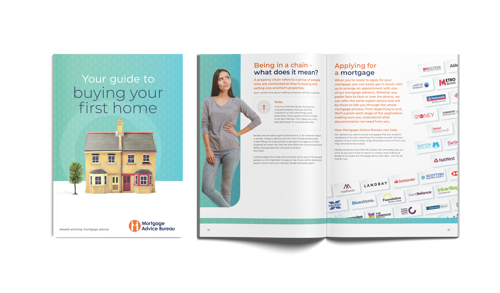
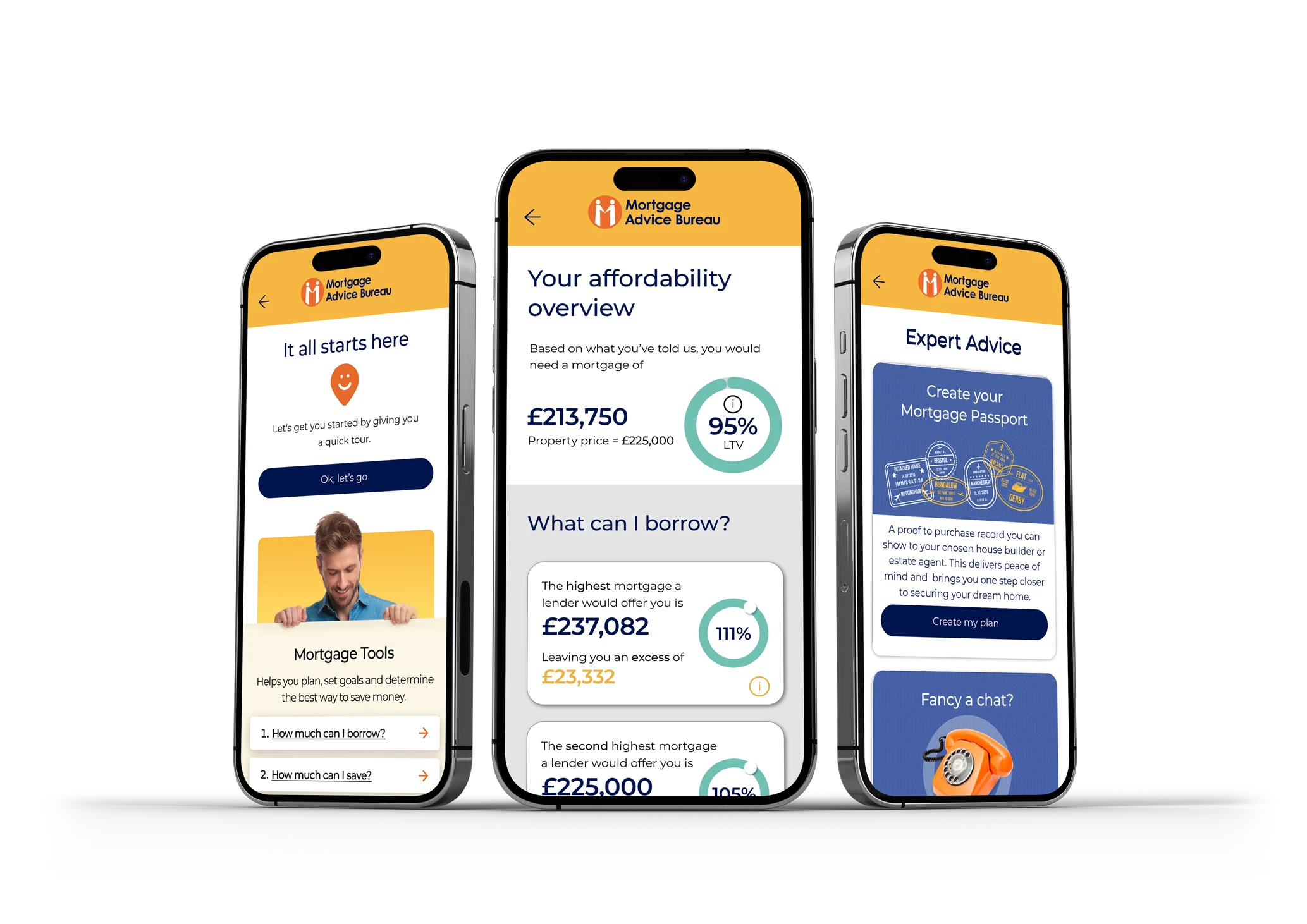
Get mortgage ready with the MyMAB app
Our app is a digital mortgage coach designed to help you save up, plan, and track your home buying journey – whether you’re buying your first home, or just fancy a move.
We’ll guide you through step by step to ensure you always know what’s coming up next.
Download now.
Different types of mortgages
When choosing a mortgage, it's important to compare different options and find one that best suits your needs and budget. Factors to consider include interest rates, length of the mortgage term, and any associated fees or charges.
Fixed-rate mortgages:
With a fixed-rate mortgage, the interest rate stays the same for a set period of time, typically 2-10 years. You will move onto the SVR once the fixed term has ended.
Buy-to-let mortgages:
This type of mortgage is specifically for purchasing a property to rent out.
Standard variable rate (SVR) mortgages:
This is the default rate that borrowers move onto after their fixed or tracker rate period has ended.
Interest-only mortgages:
An interest-only mortgage means you pay only the interest on the amount you borrowed over the period of the mortgage. For this reason it's important you have a plan in place to repay the mortgage at the end of your term.
Tracker mortgages:
A tracker mortgage is linked to the Bank of England's base rate and moves up or down in line with it.
Offset mortgages:
An offset mortgage links a borrower's mortgage account to their savings account, reducing the amount of interest paid on the mortgage.
Important information.
Your home may be repossessed if you do not keep up repayments on your mortgage.
There may be a fee for mortgage advice. The actual amount you pay will depend on your circumstances. The fee is up to 1% but a typical fee is 0.3% of the amount borrowed.
Deposits and finances
Before you consider what kind of mortgage you want and what’s going to work best for you, it’s important to have an understanding of your financial situation.
1. Your deposit
First time buyers typically need to save a deposit of 5-10% of the property's value, though a larger deposit can help you secure better rates. There are government incentive schemes that can help with this, like a Lifetime ISA.
2. Affordability
First time buyers will undergo an affordability assessment to determine their ability to make repayments. Lenders will assess several factors, including income, expenses, total savings, and credit history, to determine what they are willing to offer.
3. Incentive schemes
While there are incentive schemes sometimes offered by developers, the three below are currently the main government backed incentives.
1. Shared ownership schemes allow first-time buyers to purchase a share of a property (typically between 25-75%) and pay rent on the remaining share. Over time, they can buy additional shares until they own the property outright.
2. The First Homes Scheme is a government initiative that offers newly built homes to local first-time buyers and key workers at a 30% discount on the market price.
3. The 95% mortgage scheme was introduced by the UK government in April 2021 to help first-time buyers and existing homeowners purchase properties with a smaller deposit.
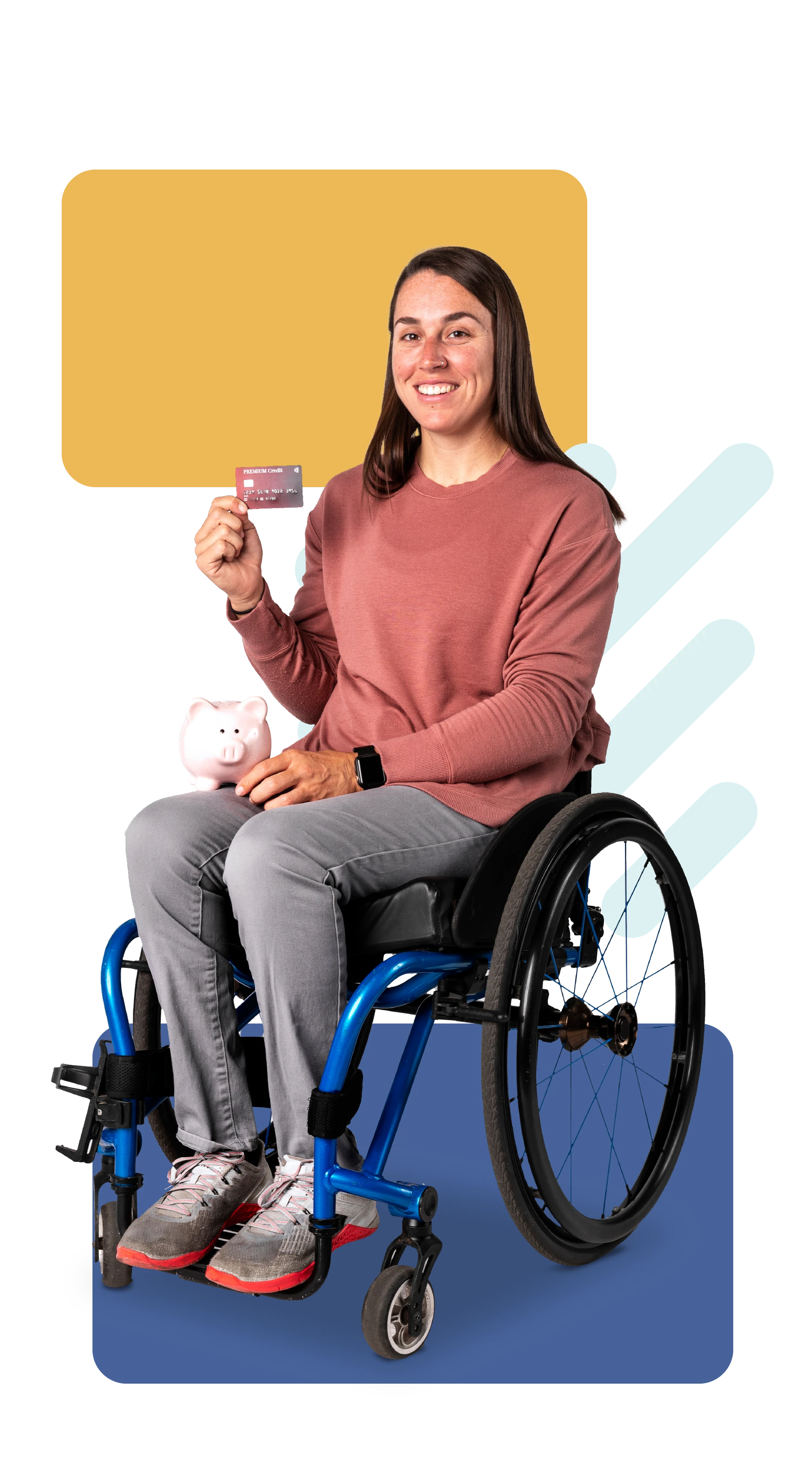
Credit scores
Lenders will use your credit score to assess the risk of lending money to you, and a poor score can result in higher interest rates or being declined for a mortgage altogether. Take steps to improve your score if needed. That being said, it’s not impossible to get a mortgage with a low credit score.
Do I need to pay stamp duty as a first-time buyer?
As of September 2022, first-time buyers in England and Northern Ireland are exempt from paying stamp duty on properties costing up to £425,000. However, if your property costs between £425,001 and £625,000, you’ll have to pay 5% stamp duty - but only on the value above £425,000. You should bear in mind that different stamp duty thresholds and legislation apply in Wales and Scotland.
Check out our stamp duty calculator to work out if stamp duty tax applies to you.
Protecting yourself and your home
While there’s no legal requirement to take insurance out once you get a mortgage, your lender will require you to have buildings insurance in place as part of your offer. This covers the cost of repairing damage from unexpected events such as fire and flooding, and ensures that the lender’s assets are protected as well as your own.
For peace of mind against worst-case scenarios, there are a range of other insurance policies that you can take out to cover your home and mortgage, including:
What you’ll need for your mortgage appointment
It’s important that you bring documents such as proof of identity, income and address history, as well as any details about the type of property you want to buy. While your lender will ask you a variety of questions, prepare some of your own to ensure you fully understand the process.
Prepare for your mortgage appointment by using our handy checklist.
Latest Articles
Getting a mortgage but don't know where to start?
The benefits of saving for a bigger deposit
How do mortgages work?
Frequently asked questions
Getting a mortgage is likely to be one of the biggest financial decisions you'll ever make, and it's important you make a choice that suits your circumstances. A mortgage adviser can search the market on your behalf and recommend the right deal for you.
The process involves providing lots of information to lenders (and filling out a whole lot of forms). Being well prepared is key and can make the process move smoothly.
Our advisers will help do most of the legwork.
Being self-employed doesn't mean you can't get a mortgage. Ensuring your books are all up-to-date and keeping a clear record of your finances can help strengthen your position as a borrower. In this case, we'd recommend speaking with a mortgage adviser to find out what you need to do.
A mortgage is a term for a loan that helps you buy a home. Property is expensive, unfortunately, and few of us have hundreds of thousands of pounds lying around. This is where lenders come into play.
Protection secures your family and home against the worst-case scenario. It's also important to note that your needs are likely to change throughout your life. Perhaps you're moving jobs, starting a family, or even downsizing. These are all things you need to consider when looking for protection.
The amount will usually need to be at least 5% of the value of the property you’re hoping to buy. What's more, the bigger your deposit, the smaller the mortgage you’ll need to take out to pay for the rest of the property's value.
Our borrowing calculator can give you an idea of how much you can borrow based on your deposit.

